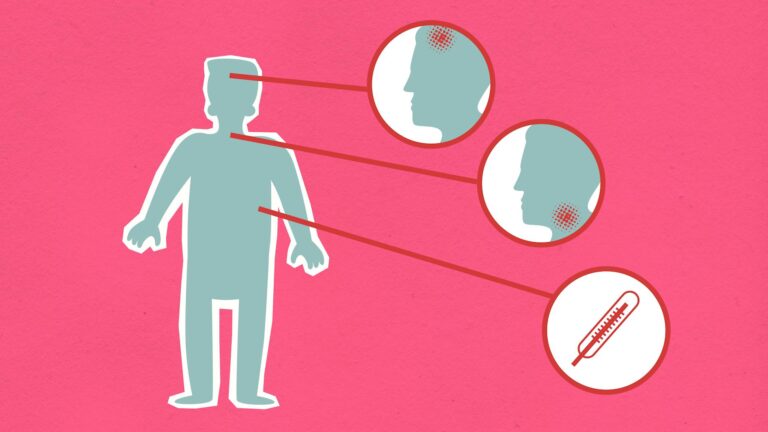Reminyl, also known as galantamine, is a medication commonly prescribed to treat the symptoms of Alzheimer’s disease. Alzheimer’s is a progressive neurological condition that affects memory, thinking, and behavior. It is the most common form of dementia, accounting for 60-80% of all cases.
As we age, our brain cells naturally start to degenerate, leading to a decline in cognitive function. In individuals with Alzheimer’s, this process is accelerated, causing severe memory loss and impairing their ability to carry out daily activities. Unfortunately, there is currently no cure for Alzheimer’s disease. However, medications like Reminyl can help manage the symptoms and improve the quality of life for those living with the condition.
So, what exactly is Reminyl and how does it work?
Reminyl belongs to a class of drugs called cholinesterase inhibitors. These medications work by increasing the levels of a chemical called acetylcholine in the brain. Acetylcholine plays a crucial role in memory and learning, and its levels are significantly reduced in individuals with Alzheimer’s disease.
By inhibiting the breakdown of acetylcholine, Reminyl helps improve communication between nerve cells in the brain, which can potentially slow down the progression of symptoms. It does not reverse or stop the underlying damage to brain cells, but it can provide temporary relief from some of the symptoms.
What are the benefits of taking Reminyl?
The primary benefit of taking Reminyl is its ability to improve cognitive function in individuals with Alzheimer’s disease. Studies have shown that it can help delay the progression of symptoms such as memory loss, confusion, and difficulty performing daily tasks.
In addition to its effects on cognition, Reminyl has also been found to improve mood and behavior in some patients. It may help reduce apathy, depression, and agitation associated with Alzheimer’s disease.
Who can take Reminyl?
Reminyl is typically prescribed for individuals with mild to moderate Alzheimer’s disease. It is not recommended for those with severe disease as it may not be as effective.
Before starting Reminyl, a doctor will take into consideration several factors such as the patient’s overall health, other medications they are taking, and any allergies or sensitivities. People with liver or kidney problems may need a lower dose of Reminyl, and it is not suitable for those with certain heart conditions.
How is Reminyl taken?
Reminyl comes in the form of tablets or oral solution and is usually taken twice a day with meals. The dosage may vary depending on the patient’s response and tolerance to the medication.
It is essential to follow the prescribed dosage and not to stop taking Reminyl without consulting a doctor. Suddenly stopping the medication can lead to a sudden decline in cognition and other symptoms.
What are the possible side effects of Reminyl?
As with any medication, there is a risk of side effects when taking Reminyl. The most common side effects include nausea, vomiting, diarrhea, and loss of appetite. These side effects are usually mild and may improve with time or a decrease in dosage.
Some rare but severe side effects of Reminyl include fainting, irregular heartbeat, and seizures. These require immediate medical attention, and patients should seek help if they experience any of these symptoms.
In rare cases, Reminyl has been associated with liver problems, including hepatitis and jaundice. Patients should inform their doctor if they have a history of liver or kidney disease before starting this medication.
In conclusion, Reminyl is an important medication for managing the symptoms of Alzheimer’s disease. While it does not cure the condition, it can improve cognitive function and quality of life for those living with the disease. If you or a loved one has been diagnosed with Alzheimer’s, talk to a doctor about the potential benefits and risks of taking Reminyl. Remember to always follow the prescribed dosage and report any unusual side effects to your healthcare provider. With proper management and support, individuals with Alzheimer’s can continue to live fulfilling lives.





